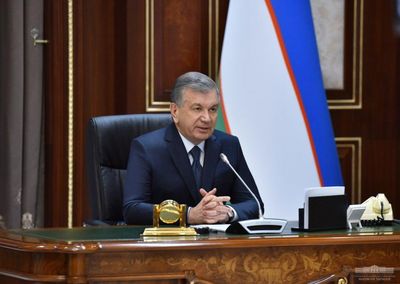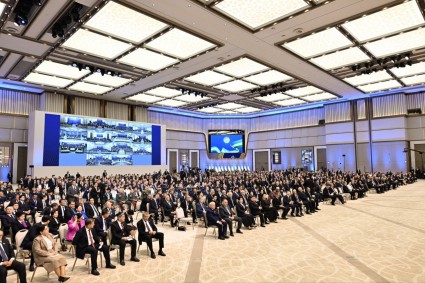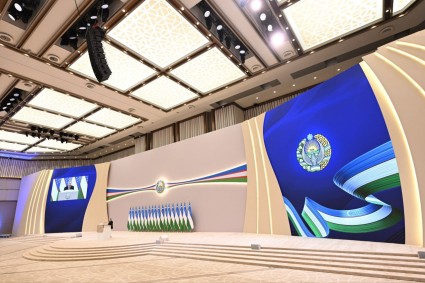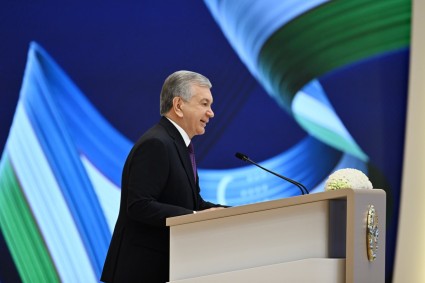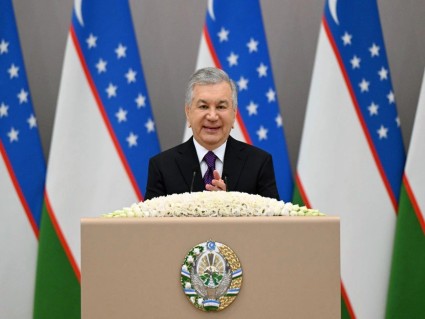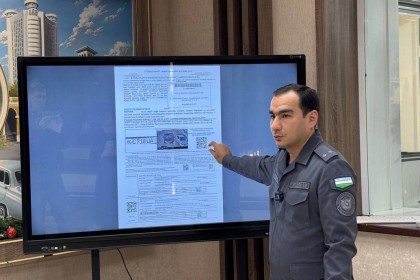President Shavkat Mirziyoyev on May 12 chaired a meeting on the implementation of the digital economy and e-government, the presidential press service.
The current pandemic has once again proven the importance of digital technology. It became obvious that education, public services, public administration, trade and services are largely dependent on information technology. Services that have not been provided online for many years have switched over to online mode in a matter of days, Shavkat Mirziyoyev said.
On April 28, the President signed the Measures to implement the digital economy and e-government decree. In line with the Decree, an integrated system for the digital economy has been created within the Ministry for the Development of Information Technologies and Communications, which took over the tasks of e-government development, digitalization of economic and agricultural sectors, organization and management of IT parks.
The decree plans to implement 104 projects worth 1.3 trillion soums or US$ 130 million, in the e-government, 87 projects worth 5.3 trillion soums, or US$ 530 million, in the real sector of the economy, 35 projects worth 15.1 trillion soums, or US$ 1.5 billion, in the telecommunications sector, 18 projects in IT parks and 24 projects in the agricultural sector.
If we do not achieve these goals in the next 2-3 years, each year of delay will cost our country 10 years of progress, said Shavkat Mirziyoyev.
The President instructed to implement a procedure for high or low bonuses payments to heads of ministries and departments based on the degree of implementation of ITs.
He emphasized the importance of speeding up the transition of the most popular public services to online mode.
Over the next five years, due to the widespread introduction of ITs in industrial enterprises, it will be possible to reduce costs by 13-15%, he noted.
He also touched upon the development of an information technology infrastructure. This year the goal has been to increase the coverage of fiber-optic in the system of preschool education from 41 to 100%, in the public education system - from 40 to 70%, in healthcare - from 38 to 100%. Thanks to this, many villages will have access to the Internet.
The Ministry of IT and Communications Development has been given the task of providing social facilities with high-speed Internet access and bringing high-speed mobile Internet coverage to 90% by the end of the year.
He also instructed to increase the number of data processing centers, attract foreign loans and build a data center worth US$ 30 million.
The President called the number of people employed in the IT sphere - 60 thousand people - insufficient. He also instructed to add the 47 thousand students to the 1 Million Coders project in the next academic year and to launch basic coding classes in schools from the 7th grade.

